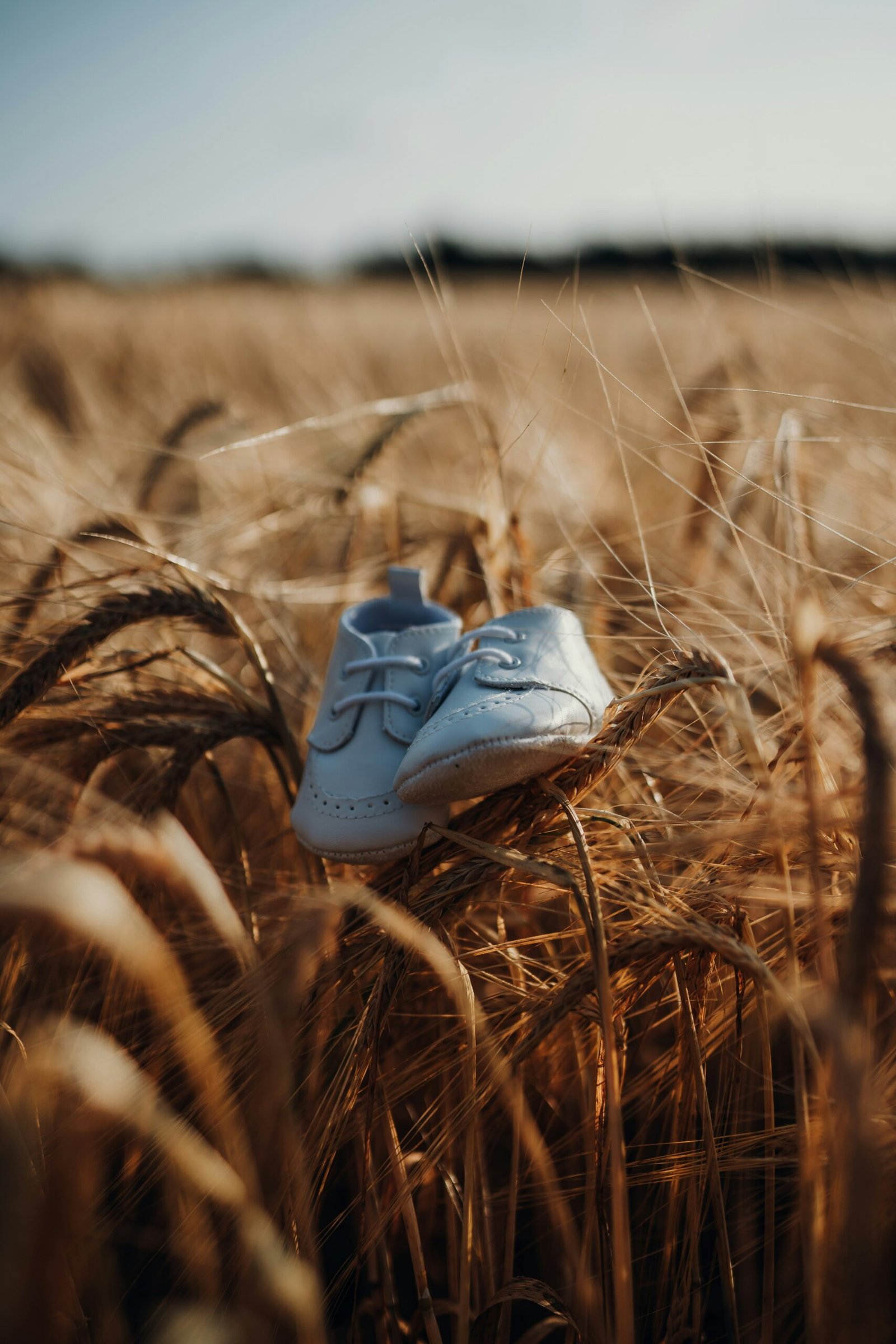Factors to Consider When Deciding the Best Age for Parenthood
Deciding the best age to become parents is a multifaceted decision, encompassing various factors that can significantly influence the timing of parenthood. One of the primary considerations is financial stability. Prospective parents need to assess their financial health, ensuring they have a stable income and sufficient savings to support a child. This includes evaluating current debts, future expenses such as education, and the ability to provide a safe and nurturing environment.
Career readiness is another critical aspect. Individuals should consider whether they are at a stage in their careers where taking time off or juggling work and family responsibilities is feasible. Career goals and job security play a significant role in this decision, as the demands of a new child can impact professional trajectories and opportunities for advancement.
Physical health is also paramount when determining the best age for parenthood. Both parents should be in good health to handle the physical demands of child-rearing. Age can affect fertility and the risk of complications during pregnancy, so it’s essential to consider any health concerns that might influence the timing of starting a family.
Emotional maturity is equally important. Raising a child requires patience, resilience, and emotional stability. Prospective parents should reflect on their readiness to handle the challenges and responsibilities that come with parenthood. Building a strong support system, including family and friends, can provide crucial assistance and guidance during this life-changing journey.
Societal and cultural expectations can also impact the decision. Norms and traditions regarding the ideal age for parenthood can vary widely, influencing individuals’ perceptions and decisions. Understanding and balancing these expectations with personal beliefs and circumstances is vital.
Lastly, personal goals and life experiences should be considered. Aspirations such as further education, travel, or other personal achievements can affect the timing of parenthood. Each individual’s journey is unique, and these personal milestones can play a significant role in determining the right time to start a family.
By carefully weighing these factors, prospective parents can make a well-informed decision that aligns with their circumstances and aspirations, ensuring they are prepared for the rewarding responsibilities of parenthood.
Pros and Cons of Becoming Parents at Different Life Stages
Deciding the best age to become parents involves weighing various advantages and disadvantages associated with different life stages. Whether in their 20s, 30s, or 40s, prospective parents face unique circumstances that can significantly impact their parenting experience.
20s: Energy and Longevity, but Career Interruptions
Becoming parents in their 20s often means increased energy and potentially longer bonding time with their children. Younger parents tend to have greater physical stamina, which can be beneficial in handling the demands of early childhood. Additionally, starting a family early allows for more years to spend with children, which can be particularly appealing for those who value extended family time.
However, the 20s are also a crucial period for career development. Many young parents may face career interruptions or slower career progression as they balance work and childcare responsibilities. Financial instability can also be a concern, as individuals in their 20s may still be working toward establishing a stable financial foundation. These factors can create stress and impact the overall quality of life for young parents.
30s: Financial and Emotional Stability, but Declining Fertility
For many, the 30s offer a balance of financial and emotional stability, making it a favorable time to become parents. By this stage, individuals often have more established careers, which can provide the financial security needed to support a family. Additionally, emotional maturity gained through life experiences can contribute to better parenting practices and a more stable home environment.
On the downside, fertility rates begin to decline in the 30s, which can pose challenges for those trying to conceive. This age group may also experience increased pressure to balance career aspirations with family responsibilities, potentially leading to stress and time management issues. Nonetheless, the 30s can be an optimal period for parenthood for those who value stability and career accomplishments.
40s: Experience and Resources, but Potential Health Risks
Parenting in the 40s often comes with the advantages of experience and resources. Older parents typically have well-established careers and financial security, allowing them to provide a comfortable lifestyle for their children. The wisdom and life experiences accumulated over the years can also enhance their parenting approach, leading to thoughtful and informed decisions.
However, becoming parents in the 40s is not without its challenges. As fertility continues to decline, couples may face difficulties conceiving and may need to consider assisted reproductive technologies. Additionally, older parents are at a higher risk of health complications during pregnancy and may have less physical energy to keep up with young children. These factors can impact the overall parenting experience and should be carefully considered.
In conclusion, the best age to become parents is a deeply personal decision that depends on individual circumstances and priorities. By understanding the pros and cons of each life stage, prospective parents can make a more informed choice that aligns with their unique needs and aspirations.




